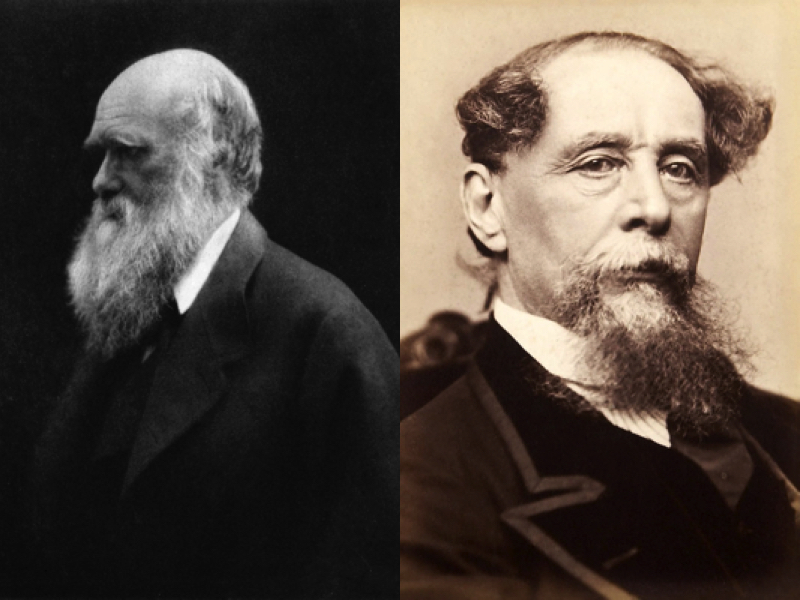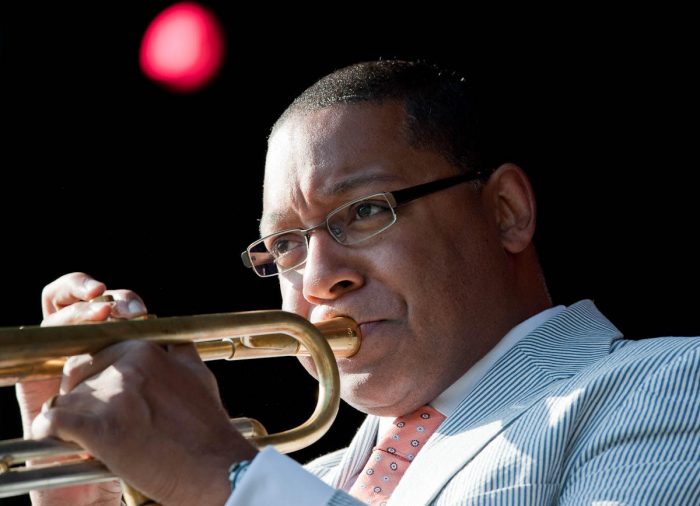Practice makes perfect, so the cliché says, although like many clichés, it has also spawned corrective variants. “Practice makes permanent,” a common one of them goes, and what it lacks in catchiness it may well make up for in neuroscientific truth. We’ve all recognized that, when we do things a certain way, we tend to keep doing them in that certain way; in fact, the more we’ve done them that way before, the more likely we’ll do them that way next time. What holds true for simple habits, formed over long periods of time and often inadvertently, also holds true for deliberately perfected — or anyway, permanent-ified — tasks. But what happens in our brains to cause it?
“Practice is the repetition of an action with the goal of improvement, and it helps us perform with more ease, speed, and confidence,” says the narrator of “How to Practice Effectively… for Just About Anything,” educators Annie Bosler and Don Greene’s TED Ed video above. It then goes on to explain our two kinds of neural tissue, grey matter and white matter. The former “processes information in the brain, directing signals and sensory stimuli to nerve cells,” and the latter “is mostly made up of fatty tissue and nerve fibers.” When we move, “information needs to travel from the brain’s grey matter, down the spinal cord, through a chain of nerve fibers called axons to our muscles,” and those axons in the white matter “are wrapped with a fatty substance called myelin.”
Myelin, and the sheath it forms, is key: “similar to insulation on electrical cables,” it “prevents energy loss from electrical signals that the brain uses, moving them more efficiently along neural pathways.” (You’ve probably read about the weakening of myelin sheaths as a factor in ALS and other movement-related neurological disorders.) Recent studies performed on mice suggest that repeating a motion builds up the layers of those axon-insulating myelin sheaths, “and the more layers, the greater the insulation around the axon chains; forming a sort of superhighway for information connecting your brain to your muscles.” This, though it has no direct effect on our muscles, may be what we’re building when we say we’re building “muscle memory.”
All interesting facts, to be sure, but how can they help us in or own practice sessions, whatever those sessions may find us practicing? Bosler and Greene provide a series of tips, each quite simple but all in alignment with current neuroscientific knowledge. They include:
- Focus on the task at hand. “Minimize potential distractions by turning off the computer or TV and putting your cell phone on airplane mode.”
- Go slow. “Coordination is built with repetitions, whether correct or incorrect. If you gradually increase the speed of the quality repetitions, you have a better chance of doing them correctly.”
- Frequent repetitions with allotted breaks. “Studies have shown that many top athletes, musicians, and dancers spend 50–60 hours per week on activities related to their craft. Many divide their time used for effective practice into multiple daily practice sessions of limited duration.”
- Practice in your imagination. “In one study, 144 basketball players were divided into two groups. Group A physically practiced one-handed free throws while Group B only mentally practiced them. When they were tested at the end of the two week experiment, the intermediate and experienced players in both groups had improved by nearly the same amount.”
If you’d like more suggestions on how to practice effectively, have a look at the list of twelve tips from Wynton Marsalis we featured here on Open Culture last year. He takes a more expansive approach, encouraging those who practice — not just music but sports, art, or anything else besides — to adopt strategies like writing out a schedule, avoiding showing off, and staying optimistic. We must also stay realistic: optimism, even optimism backed by science, can’t make our skills perfect. None of our skills are perfect — not even Wynton Marsalis’ — but with the right techniques, we can at least give them some degree of permanence.
Related Content:
Playing an Instrument Is a Great Workout For Your Brain: New Animation Explains Why
Based in Seoul, Colin Marshall writes and broadcasts on cities, language, and culture. His projects include the book The Stateless City: a Walk through 21st-Century Los Angeles and the video series The City in Cinema. Follow him on Twitter at @colinmarshall or on Facebook.





